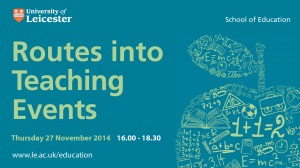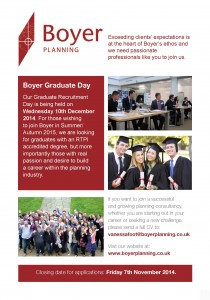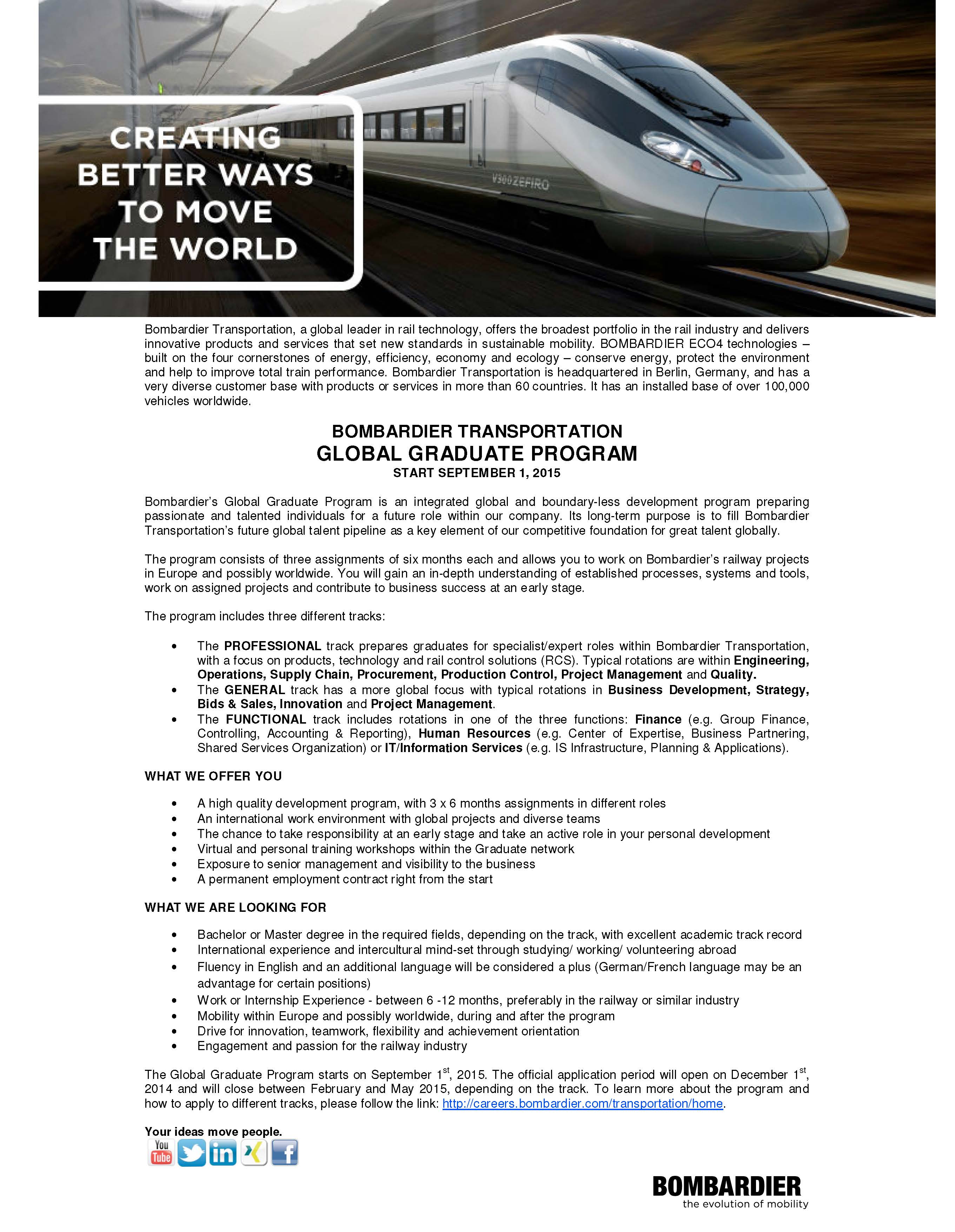Congratulations to all graduating from Loughborough University this week!
Get inspired and have a look at our graduate profiles to see what happened next for our graduates and what advice they can offer to you.
July’s profiles is Martyn Tobin. Martyn graduated in 2014 with a BSc DIS Air Transport Management. He is now a Graduate Consultant at Tracsis plc.
Before attending Loughborough University to study Air Transport Management I worked part time in various retail outlets whilst studying at New College Swindon to obtain the necessary UCAS points.
I’ve always had a passion for flying and subsequently at the age of 17 I obtained my National Private Pilot’s License. The experiences I gained from my flying and volunteering at my local airfield gave me an appreciation of the aviation industry. As such, I began to research future careers and University courses within this field whilst attending college.
Where are you now?
I graduated from Loughborough University in July 2014 where upon I joined Tracsis Plc as a Graduate Consultant. Tracsis is a leading provider of strategic and operational planning to the rail and bus industry with offices in Derby and Leeds. Since joining the consultancy team I’ve been given many opportunities to get stuck into a variety of projects for clients such as Network Rail, National Express Coaches and Train Operating Companies.
How did you get there?
The Air Transport Management degree at Loughborough University includes a one-year placement opportunity after completion of Year 2. After applying for a variety of placements, I was successful in joining the Train Planning Department at First Capital Connect. During my placement I gained first-hand experience of a working Train Operating Company.
Upon my return to complete my final year, I chose to study the Rail Operations module, which was taught by a visiting industry professional. During this module, the lecturer offered careers advice; as well as forwarding by details to Tracsis.
Prior to attending an interview with Tracsis, I utilised the Careers and Employability Centre at Loughborough University for advice on my interview technique, which included a mock interview. The advice they provided was invaluable in securing the position.
Where are you going?
After completion of my degree at Loughborough University and being fortunate to have a fantastic job at Tracsis, I aim to continue my professional education by studying an MSc part-time. My long-term aspiration is to hold a senior management position within the industry.
What if anything would you have done differently during your time at Loughborough University to help you prepare better for your career/life upon graduation?
During my time at Loughborough University, I struggled with some of the statistical modules in my degree. However, if I had my time again at Loughborough I would have utilised the support services during my first and second year. During my final year, with this support, my grade increased by 10%.
What advice would you give now to a student studying your subject at university now?
Although studying at Loughborough University is fun and relaxed, it’s very important to keep reminding yourself of your aspirations. My key advice would be:
- Attend all classes and that includes tutorials.
- Make use of the facilities such as the Careers and Employability Centre.
- Join the LSU Transport society ‘Velocity’. This society provided me with some fantastic opportunities including access to private tours around Bombardier and Airbus. In addition to the educational and networking benefits, you also meet likeminded individuals.

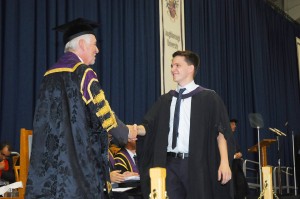
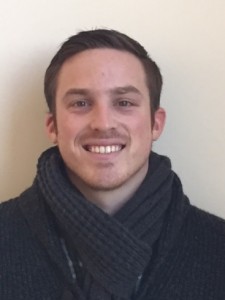
 January’s profile is Henry Dunmore. Henry graduated in 2013 with a BSc in Politics and minor subject. He is now set up his own company, LunchBox abc
January’s profile is Henry Dunmore. Henry graduated in 2013 with a BSc in Politics and minor subject. He is now set up his own company, LunchBox abc